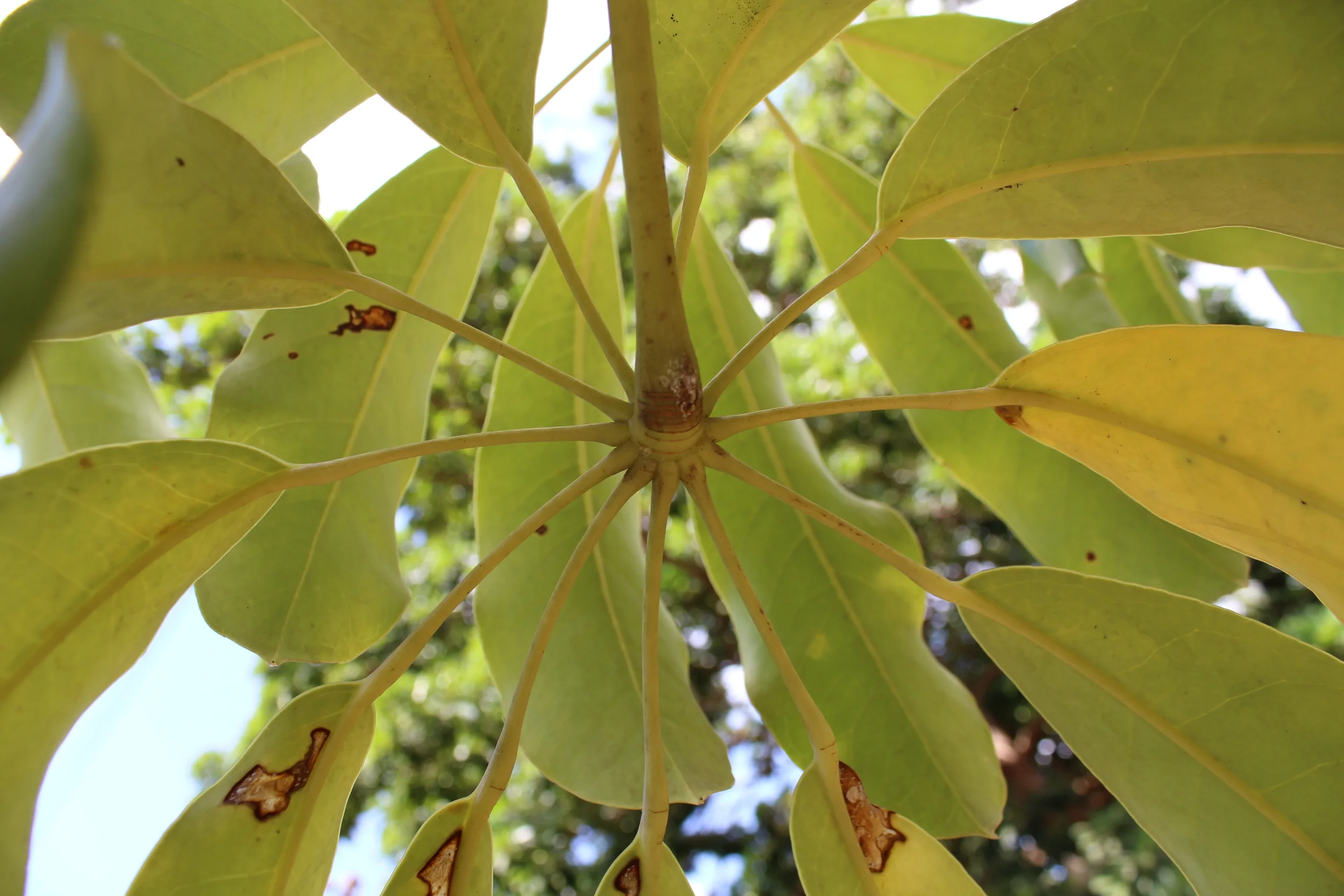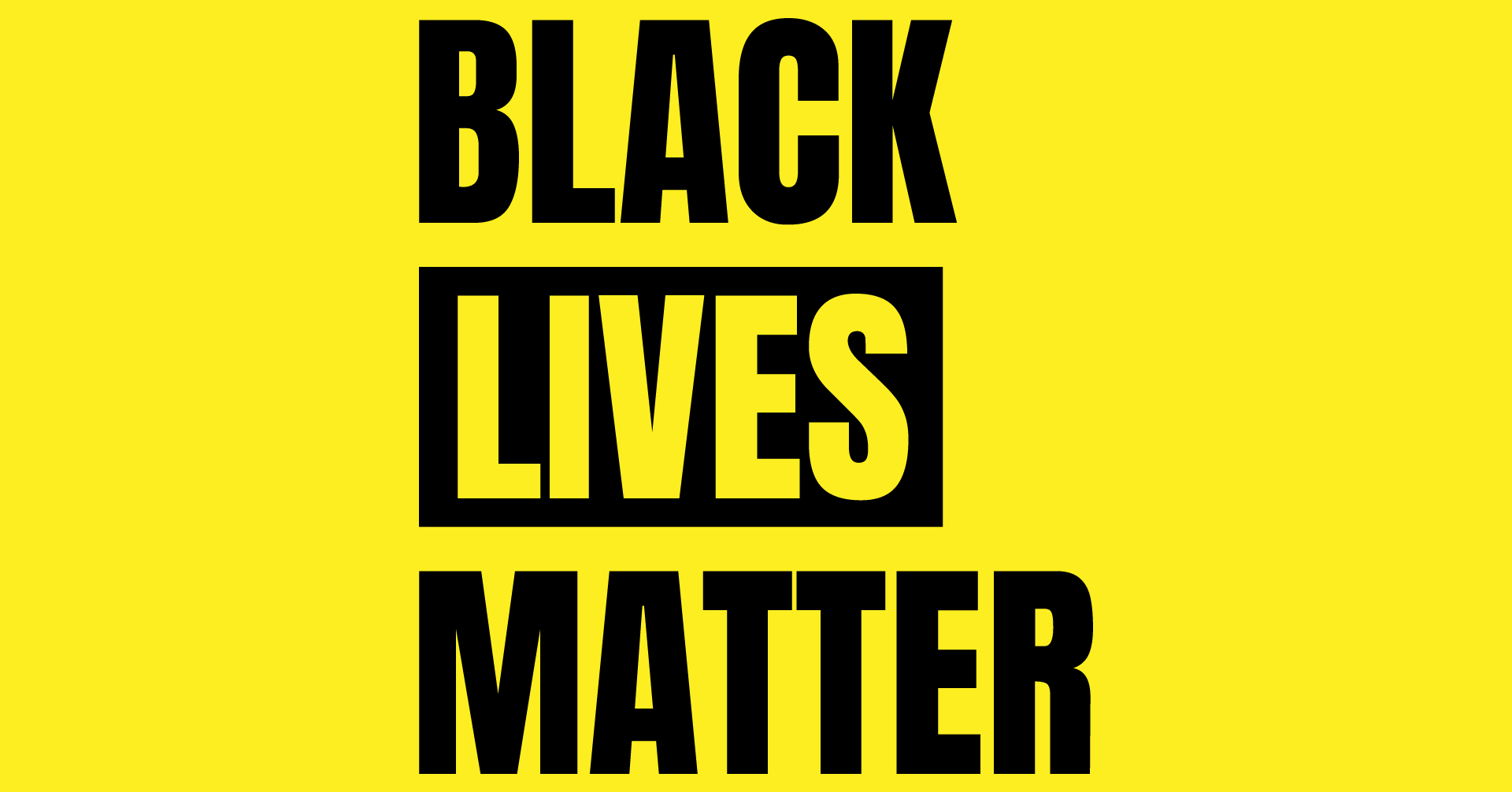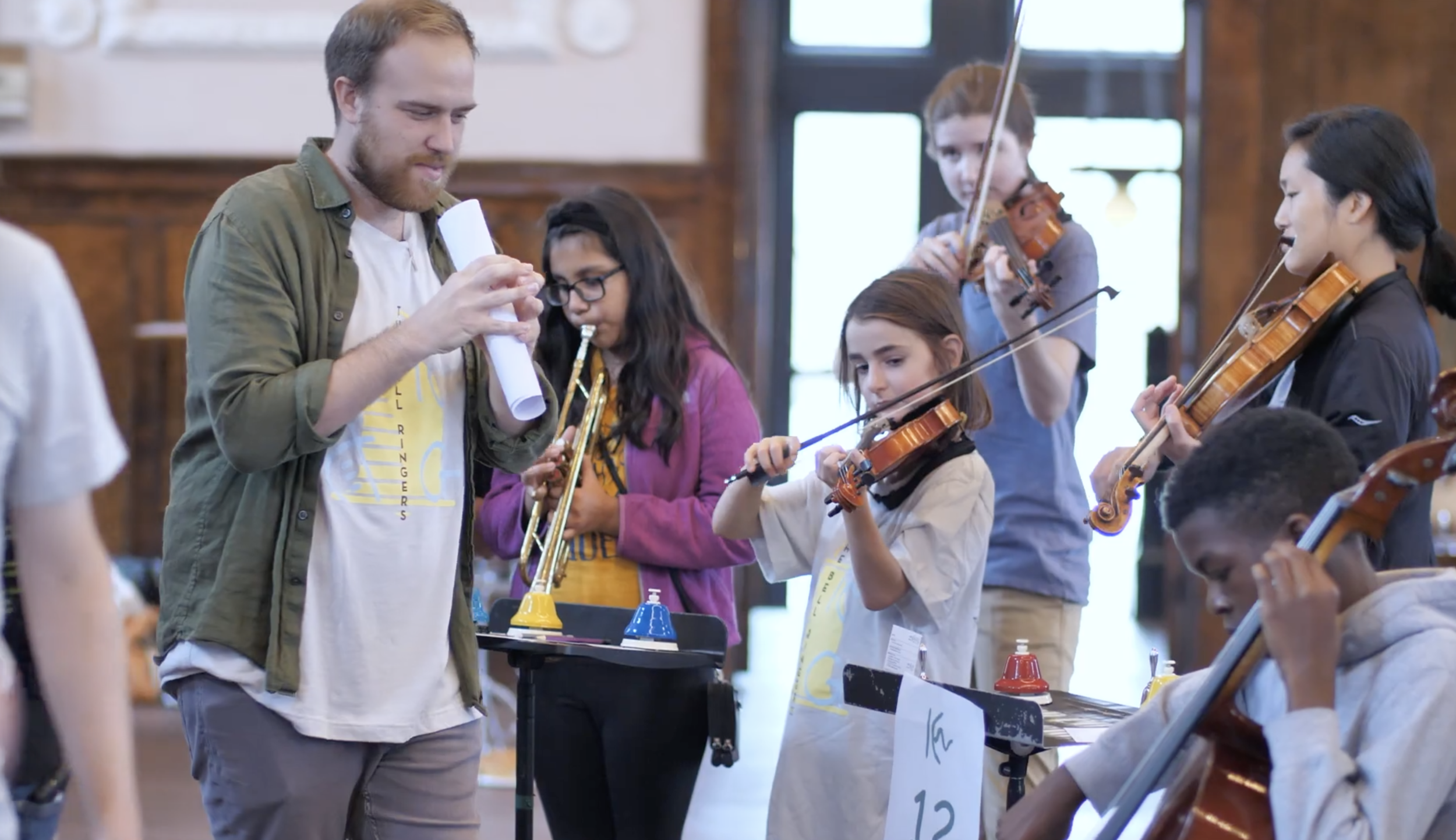The Institute for Composer Diversity is well-known in the Classical Music world for creating a database of composers searchable by identity markers including race, gender, and 2SLGBTQIA+ identities, as well as “genre” and location. While presented as a seemingly helpful tool, several members of the classical and contemporary/new music communities have expressed concern and doubt over the behavior and effectiveness of this organization.
A Message to our Students from Trade Winds Ensemble
The musicians of Trade Winds Ensemble want you, our students, to know that we uphold your unique, vital, and beautiful voices. We remember each of your smiles when we played “Dum Dum Dada,” and the “I am” poems you wrote still echo in our hearts. It was an honor to get to know you and to experience your amazing artistry. We want to say this: Your lives matter. Your voices matter. Your story matters. Your art matters.
Although our time creating together was a brief moment in all our lives, we feel a deep commitment to you and to all our future students. Black lives matter, all Black lives, and we recommit to interrogating our work to ensure that our teaching always upholds these truths.
We love you, and we look forward to the day when we can see you again and make music together.
Yours,
Trade Winds Ensemble
The Collaborative Classroom: Personal Strategies for Student-centered Teaching
The more time I spend learning about a broad range of projects that involve creative professionals and young musicians working together (Nathalie Joachim’s work with the Kaufman Music Center, and Elizabeth A. Baker and Thanya Iyer’s projects with the Price Hill Creative Community Festival, and my time teaching at Little Opera come immediately to mind), and actively engaging with critical pedagogy (bell hooks, Paolo Freire), the more I am able to find language for ideas that, to me, point towards a more thoughtful way of working with young artists in the classroom.
My Conversation with Seungmi, Part 4: Moving Forward Together
Midori Samson: I have one more question: As a music lover, how would you want to see musicians using a social justice approach and a critical lens in our field?
Seungmi Cho: Well, it’s hard to answer. When I go to a performance, it’s something I enjoy!
M: I tend to forget that some people feel that way.
S: Yes! I go to a concert and I just enjoy it. It makes me feel good. It helps energize my mind. But the performances that stick with me are the ones where I see an orchestra and I can sense respect between the musicians, the conductor, and the audience. For example,
My Conversation with Seungmi, Part 3: Defining Social Justice
Midori Samson: You said social justice, and I want to know what that means…
Seungmi Cho: When I was a young 20-year-old on this campus, I first began learning about social justice as a conversation about access, not just about diversity. So, in the topic of international adoption, a social justice conversation is not just about increasing awareness of the adopted child’s racial difference;
My Conversation with Seungmi, Part 2: Musical Voice and Antiracist Imaginings
Seungmi Cho: Can you tell me more about the nature of voice as a musician? I ask because empirical research tries to be voice-neutral. I think music allows for a distinct voice; it really does destabilize the idea that truth is discovered. I think appreciating voice could make a case for knowledge as translation of voice versus knowledge as discovery of something that didn’t exist as knowledge prior to its discovery by the researcher.
Midori Samson: I actually think that music and the way music education operates—at least the way I was brought up in it—totally eliminates voice and oppresses individuality, having opinions, and talking about truth.
My Conversation with Seungmi, Part 1: Art vs. Science, Managing Pain, and Antiracism as Personal Liberation
Seungmi Cho: (with a chuckle) So, can you tell me again… what is this? What role are you in?
Midori Samson: I feel like I always want to talk to you when I need a social justice booster or check up! I think I’ve told you about my organization, Trade Winds Ensemble. Sometimes I think we feel insecure—like, we’re musicians, so we must not know anything other than music. Which isn’t true of course…
Finding Beauty in Vulnerability: A Meditation on Loss
I am learning to live with grief and (strange though it may seem) to embrace it; I don’t know if I’ll ever master this but I am dedicated to trying. I am grateful for the ways it makes my heart softer, for the ways it allows me to empathize with my students and teachers and colleagues and complete strangers. In Trade Winds Ensemble, being vulnerable is a required part of my work as an effective and emotionally aware teacher.



